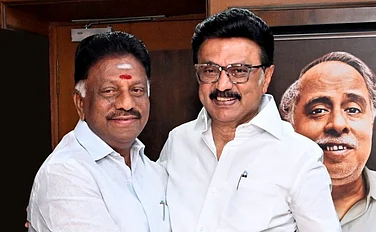In a significant step toward regulating the fast-growing influence of artificial intelligence in media, a parliamentary panel has recommended that the Indian government introduce licensing requirements for AI content creators and make labelling of AI-generated content mandatory. The Parliamentary Standing Committee on Communications and Information Technology, chaired by BJP MP Nishikant Dubey, submitted its draft report to Lok Sabha Speaker Om Birla, outlining measures to combat the spread of fake news and misinformation driven by AI technologies such as deepfakes.
The committee, as cited by PTI, urged the government to develop legal and technological tools to identify and prosecute individuals and organisations responsible for creating or spreading harmful AI-generated content. While the recommendations are not binding, they are often influential in shaping government policy. The report emphasized that advances in AI offer potential solutions for combating fake news, but also warned of AI’s current limitations. Specifically, the committee noted that AI systems cannot independently verify facts as they rely on existing online data, but can be effectively used to flag suspicious content for human review.
The committee also highlighted ongoing efforts by the Ministry of Electronics and Information Technology (MeitY), including projects aimed at detecting fake speech through deep learning and developing tools to identify deepfake videos and images. It called for greater coordination between MeitY, the Ministry of Information and Broadcasting, and other government departments to address the challenges posed by synthetic media.
According to The Hindu, calling fake news a serious threat to public order and democracy, the panel recommended changes to existing laws, including stronger penal provisions, higher fines, and clear mechanisms for accountability. It further suggested that all media organisations—print, digital, and electronic—be required to implement in-house fact-checking systems and appoint internal ombudsmen. At the same time, the committee urged that regulatory measures be introduced through consensus among media bodies, technology platforms, and other stakeholders, to ensure that freedom of expression is protected while tackling misinformation.



























